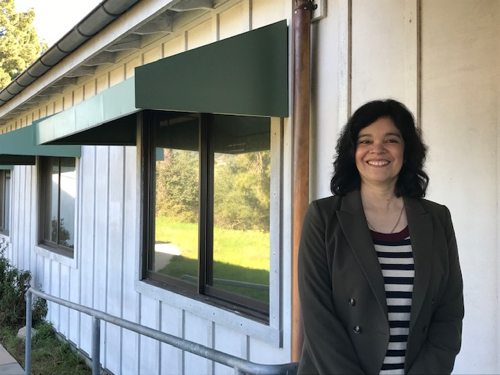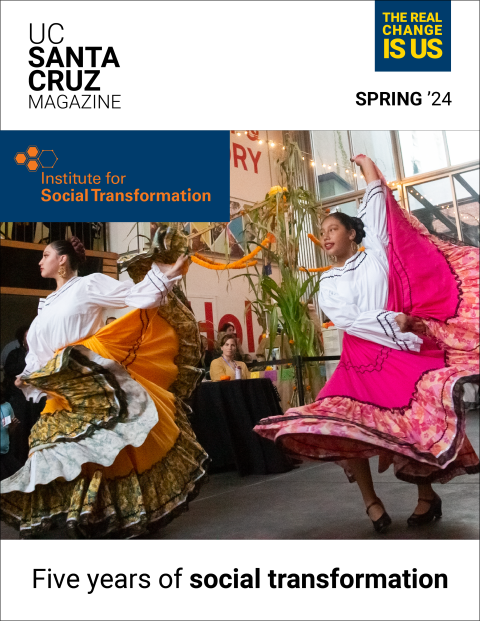As Cindy Delgado read about contact tracing and how it would be the key to slowing the spread of COVID–19 cases, she knew it was something she wanted to do to help.
Delgado, the assistant director of workers compensation, occupational disability and wellness programs in the Office of Risk Services, decided to volunteer to do contact tracing. She knew from news reports that there were not near enough people available who knew how to do this vital public health service.
Contact tracing is the process of promptly identifying and notifying people who have been in close contact and potentially exposed to a COVID–19 infected person. They are informed of what actions to take to prevent further spread of the virus and given resources if needed to help with self-quarantine. The goal is to break the chain of COVID–19 transmission and prevent further spread of the virus in the community.
Delgado connected with Santa Cruz and Santa Clara county’s public health departments, where they trained her in the California Department of Public Health contact tracing/case investigation program. She also took Johns Hopkins University’s contact tracing course, and then started volunteering at Santa Clara County Public Health in August.
“I’m grateful that I was able to assist with the contact tracing effort,” she said.
Then she had the opportunity to assist in contact tracing with the UC Santa Cruz Student Health Center’s contact tracing program. Delgado conducts contact tracing for employees.
When she is referred to someone who has tested positive for COVID–19, she starts by calling the person and checking in to find out how they are doing and provides them with self-isolation and resource information. She informs them that she will assist them in recalling with whom they may have had close contact while at work during the timeframe specified by the Centers for Disease Control and Prevention. Delgado explains that she can then call the close contacts and notify them to self-quarantine as well as provide them with resource and support information. She assures the COVID–19 positive person that their identity will be kept confidential and not disclosed to any identified close contacts.
Everyone Delgado has called through contact tracing has been extremely helpful, she said.
“People have been really forthcoming,“ Delgado said. ”They have been appreciative that the university has a process in place to keep everybody safe.”
To date the COVID-19 positivity rate on campus has been very low. The contact tracing process has worked well in conjunction with everyday preventive actions to slow the transmission of the virus including physical distancing and wearing a face covering, Delgado said.
“It has been amazing to see how the campus community has come together to address the challenges of the pandemic and truly grateful to be part of UC Santa Cruz,” Delgado said.



